Search
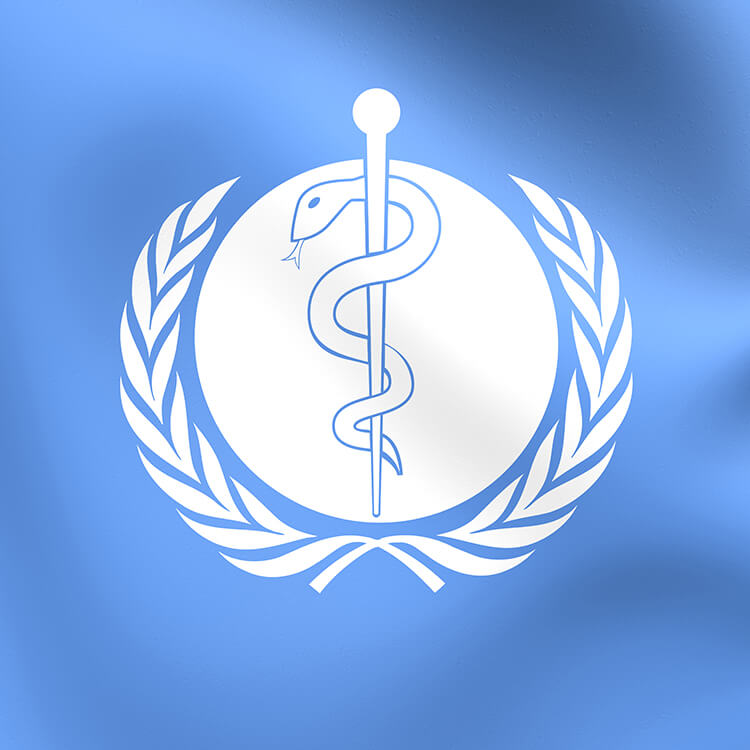
News & Events
Australia a key contributor to global commitment to end deadly rheumatic heart diseaseThe World Health Organisation resolution for global action to tackle rheumatic heart disease (RHD) will have significant implications for Australia, which has some of the highest rates of the disease in the world.
Research
Western Australian Child Development AtlasWe know that place, location, and geography can all influence health, wellbeing, and disease, and thus are important factors in policy development and service planning.
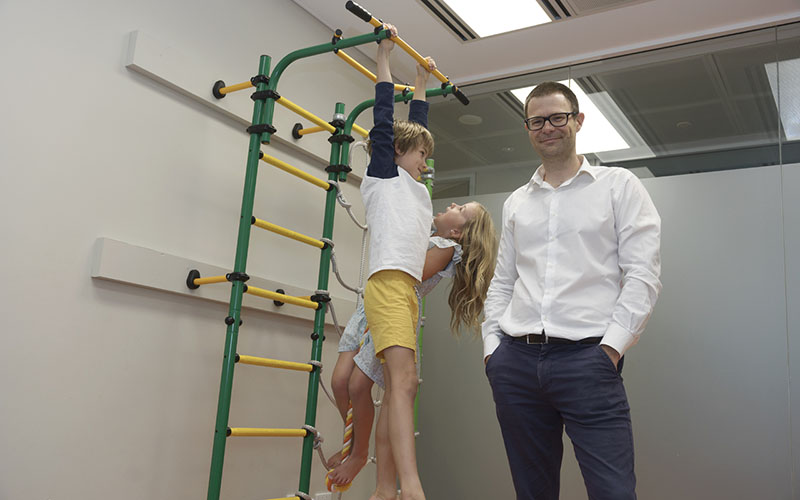
News & Events
Autism researcher a finalist for WA's Australian of the YearProfessor Andrew Whitehouse, who has helped transform clinical support for children on the autism spectrum in Australia, is nominated for WA's 2023 Australian of the Year.

News & Events
Autism researcher the youngest-ever Fellow of prestigious academyProfessor Andrew Whitehouse has been inducted as the youngest-ever Fellow to the Australian Academy of Health and Medical Sciences.
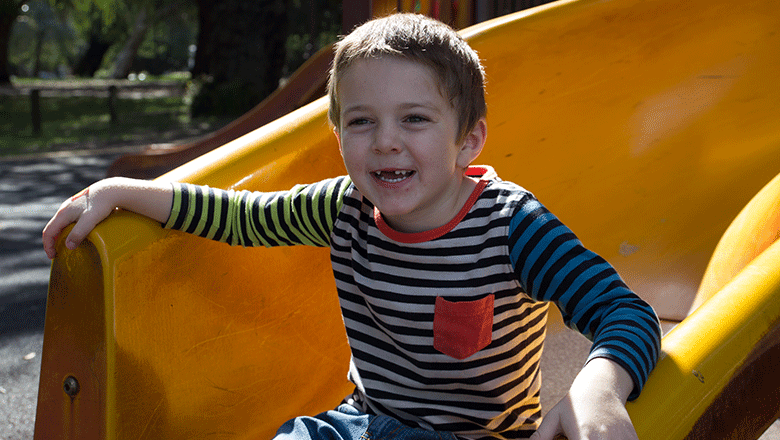
News & Events
Study looks at fish oil as treatment for autismThe Kids Research Institute Australia research has shown nearly 50 per cent of children with autism have tried fish oil supplements, but does it actually improve symptoms?
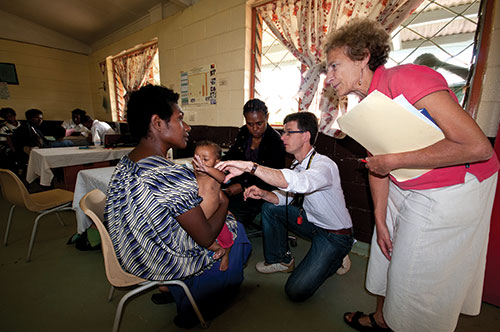
News & Events
The Kids Research Institute Australia researcher recognised for saving children in PNGClinical Associate Professor Deborah Lehmann has been recognised for her dedication to reducing the burden of infectious diseases in Papua New Guinea (PNG) with an award supporting research in the Western Pacific named in her honour.

News & Events
The Kids Research Institute Australia research projects supported with WA Near-miss Awards14 important The Kids Research Institute Australia research projects have received support under the inaugural WA Near-miss Awards (WANMA) funding program.


News & Events
$9M NHMRC funding boost for child health researchThe Kids researchers have been awarded over $9 million in National Health and Medical Research Council (NHMRC) funding towards child health research including rheumatic heart disease, respiratory infections, and autism spectrum disorder.
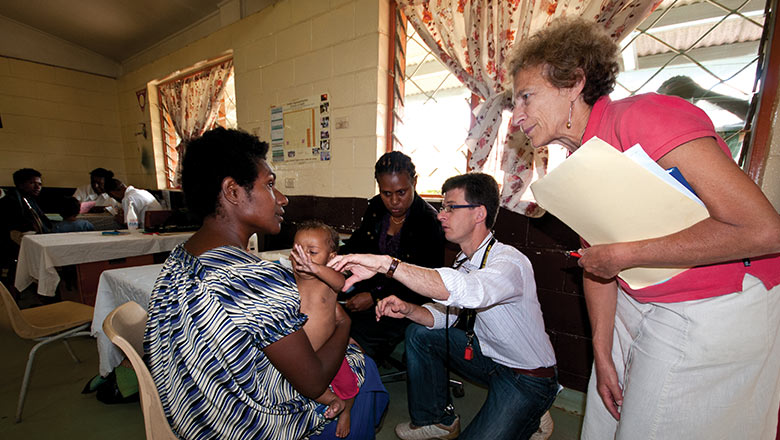
News & Events
Collaborating to prevent killer diseases in PNGFor more than a decade, The Kids Research Institute Australia and Papua New Guinea Institute of Medical Research have been fighting against killer infectious diseases.
